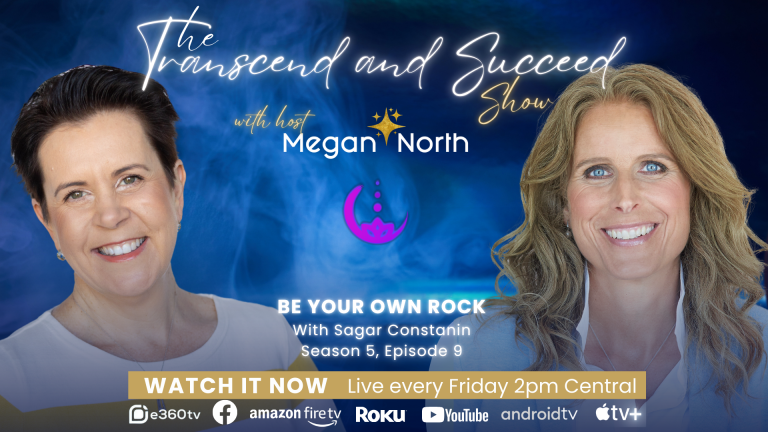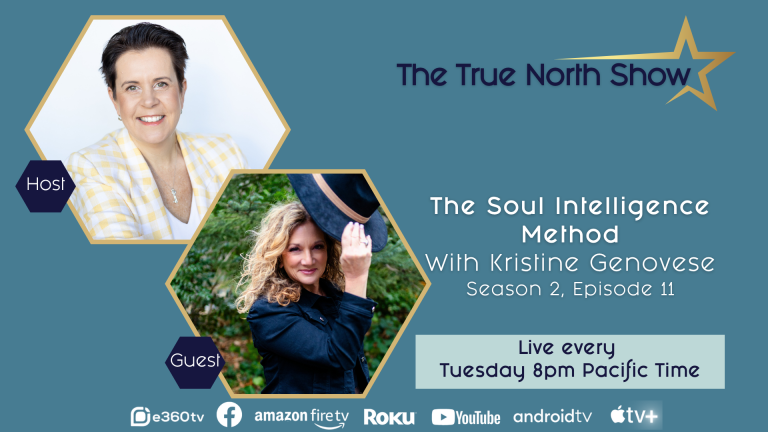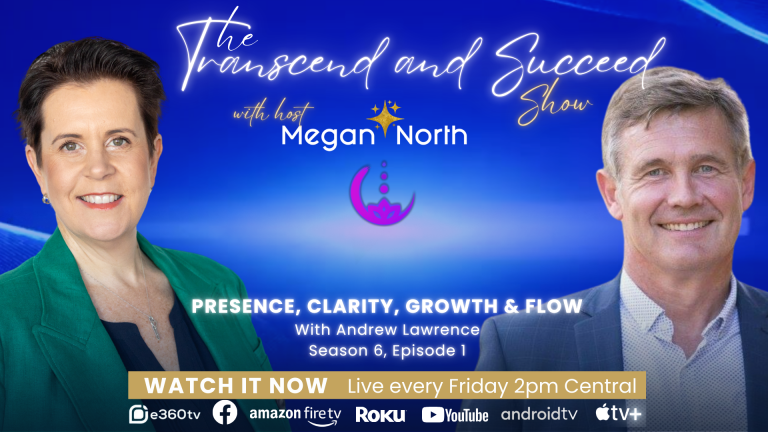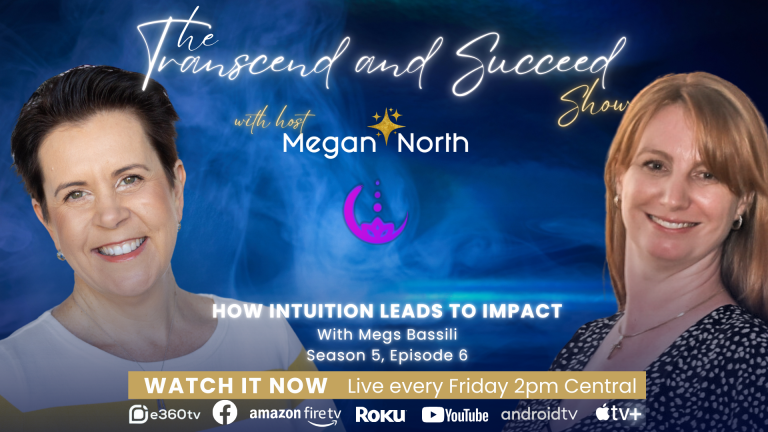Mindfulness Techniques for the Ambitious: Staying Grounded Amidst Success
Success, while deeply fulfilling, often comes with its own set of challenges. Ambitious people who are driven to achieve their goals may find themselves constantly juggling responsibilities, managing high expectations, and navigating the pressures of leadership. In this relentless pursuit, it can be easy to lose sight of personal wellbeing, leading to stress, burnout, and a sense of disconnection from the very goals one strives to achieve.
This is where mindfulness can play a transformative role. Mindfulness, the practice of staying present and fully engaged in the current moment, offers ambitious professionals a powerful tool to maintain focus, reduce stress, and stay grounded, even as they scale new heights of success. Integrating mindfulness into your daily routine can help you cultivate a sense of balance, enhance decision-making, and sustain long-term productivity without sacrificing your wellbeing.
The Importance of Mindfulness
When professionals find themselves splitting their attention between multiple tasks, decisions, and responsibilities. While multitasking might seem efficient, it can lead to mental fatigue, decreased focus, and increased stress. Mindfulness counteracts this by encouraging a single-minded focus on the present moment, which can improve concentration, reduce anxiety, and foster a greater sense of clarity.
Mindfulness also supports emotional intelligence, which is crucial for effective leadership and interpersonal relationships. By being fully present, professionals can respond to challenges and conflicts with greater calm and empathy, rather than reacting impulsively. This not only improves personal well-being but also enhances team dynamics and overall workplace harmony.
Practical Mindfulness Techniques
Mindful Breathing: Mindful breathing is one of the simplest yet most effective mindfulness techniques. It involves focusing your attention on your breath as it flows in and out of your body. This can be done anywhere, at any time—whether you’re at your desk, in a meeting, or taking a walk. Start by taking a few deep breaths, inhaling through your nose and exhaling through your mouth. As you breathe, bring your full attention to the sensation of the breath entering and leaving your body. This practice can help you centre your thoughts, reduce stress, and bring a sense of calm to even the busiest of days.
Body Scan Meditation: The body scan is a mindfulness practice that involves bringing attention to different parts of your body, noticing any sensations, tension, or discomfort. This can be done lying down or sitting comfortably in a chair. Starting from your toes, slowly work your way up to the top of your head, mentally scanning each part of your body. This practice helps you reconnect with your physical self, release built-up tension, and cultivate a state of relaxation.
Mindful Listening: In a world full of distractions, mindful listening is a powerful way to improve communication and deepen connections. The next time you’re in a conversation, practice fully listening to the other person without interrupting or planning your response. Focus on their words, tone, and body language. This not only improves your relationships but also allows you to engage more deeply with others, leading to better collaboration and understanding in the workplace.
Mindful Eating: Ambitious professionals often eat on the go or while working, barely noticing what they consume. Mindful eating encourages you to slow down and savour each bite. Pay attention to the taste, texture, and aroma of your food. By eating mindfully, you not only improve your digestion and overall health but also give yourself a moment to pause and enjoy the simple pleasures of life.
Gratitude Practice: Gratitude is a key component of mindfulness that helps shift your focus from what’s lacking to what’s abundant in your life. Each day, take a few moments to reflect on three things you’re grateful for. These could be related to your personal life, work, or any small joy you experienced during the day. Practicing gratitude regularly can improve your mood, increase your resilience, and help you stay grounded amidst the demands of a busy life.
Integrating Mindfulness into Your Daily Routine
Incorporating mindfulness into a hectic schedule may seem challenging, but it doesn’t require hours of meditation or significant time investment. Start small by dedicating just a few minutes each day to mindfulness practices. Over time, these moments of mindfulness can accumulate, creating a profound impact on your overall well-being.
One effective strategy is to integrate mindfulness into your existing routines. For example, you can practice mindful breathing during your morning commute, take a few mindful breaths before starting a meeting, or dedicate a few minutes to a body scan before bed. These simple practices can help you maintain a calm and focused mindset throughout the day.
Additionally, consider setting aside time for a more extended mindfulness practice, such as meditation or yoga, on a weekly basis. These practices can deepen your mindfulness skills and provide a regular reset for your mind and body.
The Long-Term Benefits of Mindfulness
Mindfulness is not just a short-term solution to stress; it’s a long-term strategy for sustaining success and wellbeing. By cultivating mindfulness, ambitious professionals can improve their ability to focus, make better decisions, and manage stress more effectively. Over time, these benefits can lead to greater resilience, enhanced creativity, and a more fulfilling professional life.
Moreover, mindfulness fosters a sense of connection to the present moment, helping you enjoy the journey of success rather than just the destination. It encourages you to savour your achievements, appreciate the people around you, and maintain a balanced perspective on what truly matters.
It’s easy to get caught up in the whirlwind of tasks, responsibilities, and ambitions. However, staying grounded through mindfulness can help you navigate the challenges of a demanding career while maintaining your well-being. By incorporating mindfulness techniques into your daily routine, you can enhance your focus, reduce stress, and create a more balanced and fulfilling professional life. Remember, true success isn’t just about reaching your goals—it’s about enjoying the journey along the way.







